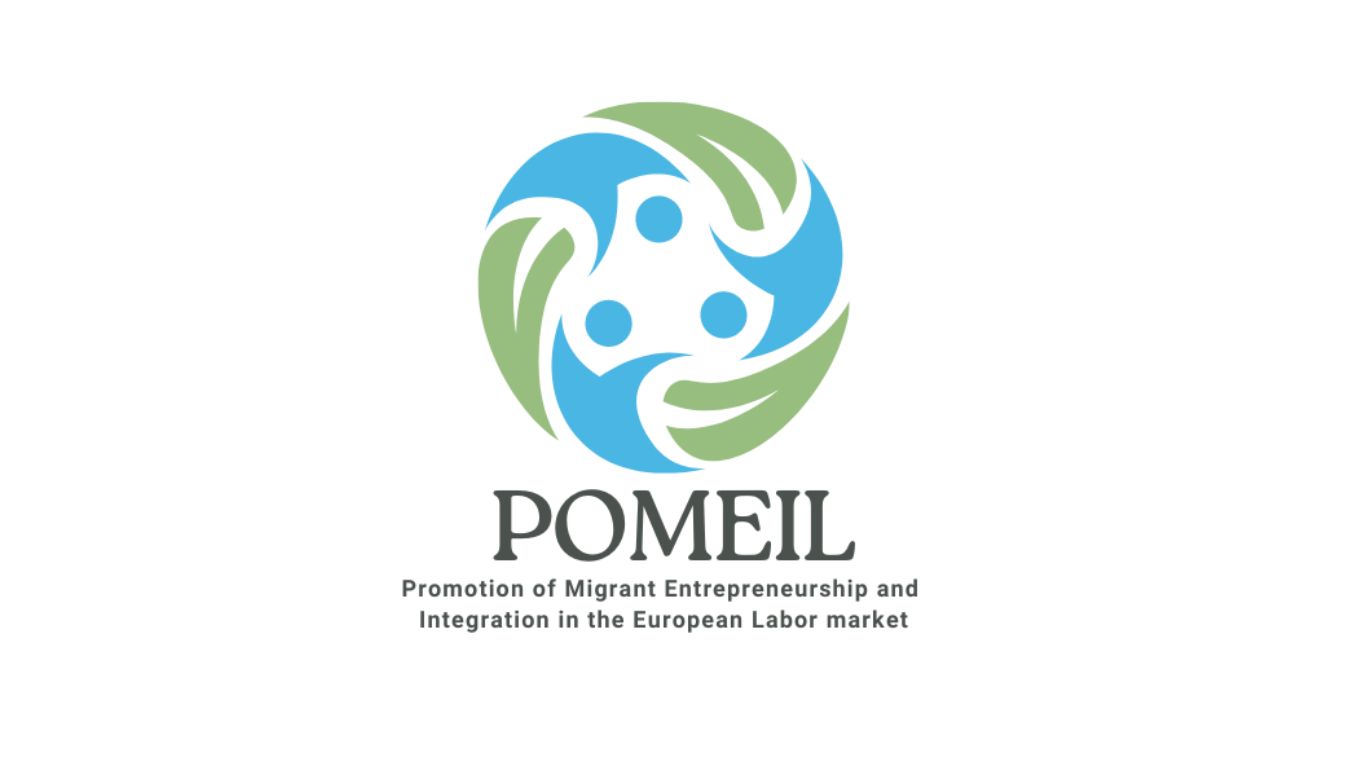Project period: 2024.09.01. – 2026.08.31
Partner organizations: Innovation Circle Network (Norway), InnovED (Greece), SMARTS (Greece), MMC (Poland) and USF (Estonia)
Project workers from KBT Vocational College: Karl Johan Johansen, Ingvild M. Kvisle and Silje Jørgensen
Website: pomeil.eu
POMEIL in social media: Facebook | LinkedIn
The project is financed by Erasmus+. Project code: 2024-1-NO01-KA220-ADU-000244470
About POMEIL
POMEIL identifies challenges faced by immigrants and refugees in accessing the labour market of their host countries and thus their overall socioeconomic integration. The project aims to upskill and reskill immigrants and refugees, by enhancing their entrepreneurial and cross-cultural competencies. The project will have a particular focus on Ukrainian refugees.
During the project we will do focus group interviews, make a copetance map, develop a training package and a digital escaperoom.
Objectives of POMEIL
O1: Enhance entrepreneurial & cross-cultural skills of immigrants/refugees through digital game-& simulation-based personalized learning.
O2: Comprehensive competence map, aligning with EntreComp framework (The European Entrepreneurship Competence Framework).
O3: Empower adult educators in utilizing digital pedagogical methods.
O4: Build intercultural capacity in adult educators.
O5: Replicable digital assessment & teaching methods for adult educators.
O6: Develop extensive stakeholder network of relevant stakeholders.
Target groups of POMEIL
- Immigrants and refugees, with a special focus on Ukrainian refugees.
- Adult learners of immigrant backgrounds.
- Adult educators and staff.
- Organizations and associations in the fields of adult education, vocational and technical education, immigrant support and integration, refugee communities.
In addition there are some indirect target groups, such as organizations in similar fields and policymakers.

This project has been funded with support from the European Commission. This publication reflects the views only of the author, and the Commission cannot be held responsible for any use which may be made of the information contained therein.

